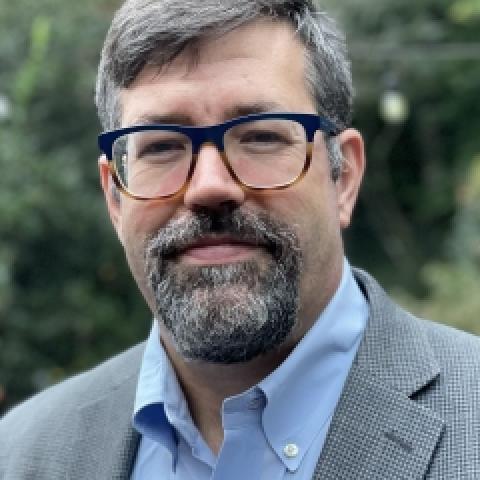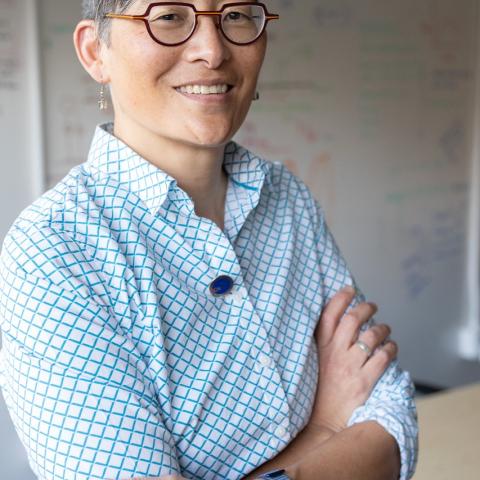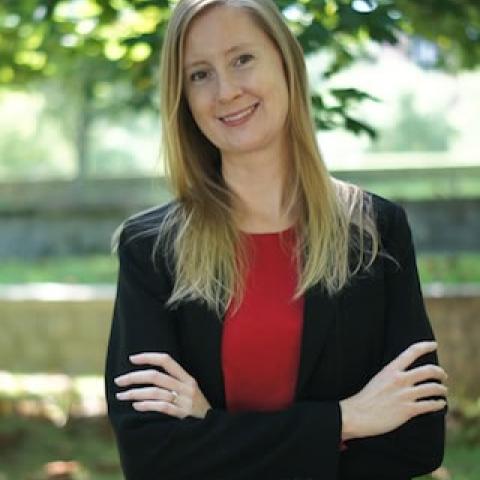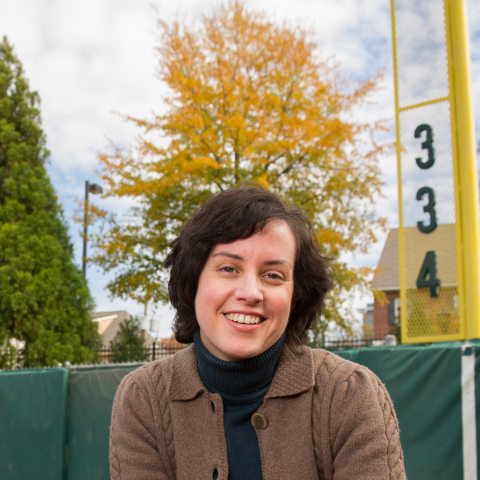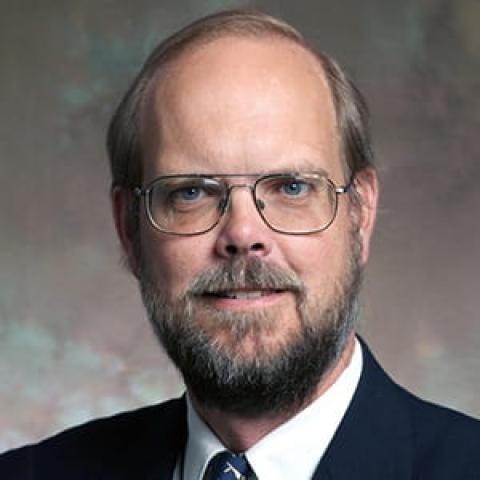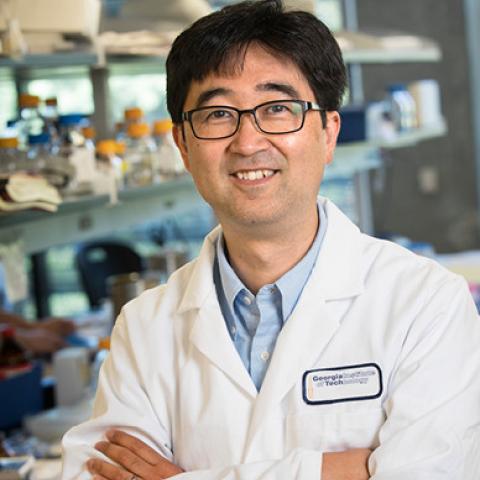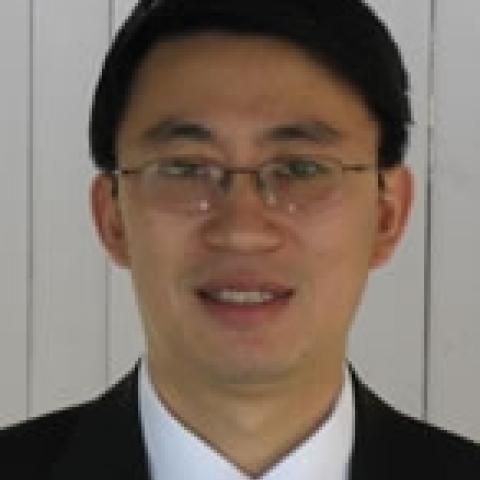Dr. W. Robert “Bob” Taylor holds joint appointments in the Department of Medicine at Emory University School of Medicine and in the Wallace H. Coulter Department of Biomedical Engineering at Georgia Tech and Emory University. He is a professor of Medicine and Biomedical Engineering, the Marcus Chair in Vascular Medicine, executive vice chair of the Department of Medicine, and the director of the Division of Cardiology.
He serves as principal investigator for a five-year, $51 million Clinical and Translational Science Award (CTSA) from the National Institutes of Health (NIH). The Emory-led Georgia CTSA, which includes partners from Georgia Tech, Morehouse, and the University of Georgia, focuses on transforming the quality and value of clinical research and translating research results into better outcomes for patients.
Dr. Taylor received his M.D., cum laude, from Harvard Medical School and his Ph.D. in Physiology from The Johns Hopkins University. After completing his Internal Medicine Training at Harvard Medical School, Beth Israel Hospital in 1988, he came to the Emory University School of Medicine for subspecialty training in Cardiovascular Disease.
Dr. Taylor's research interests are focused in the area of vascular biology with an emphasis on vascular biomechanics, inflammation, and regenerative medicine. He is also the Emory PI for the NIH-funded Georgia CTSA. Studies carried out by his group include both laboratory-based studies and translational work in humans.
Additional Research
Dr. Taylor's laboratory is focused on obtaining a better understanding of the role of vascular inflammation in the pathogenesis of vascular disease.His work employs novel animal models of human vascular disease to study the role of various mechanical and humoral factors in the development of hypertension and atherosclerosis.He has a particular interest in the renin angiotensin system, advanced glycation endproducts, biomechanical forces and oxidative stress.A significant effort is also underway to examine the interaction between vascular inflammation and bone marrow-derived endothelial progenitor cells. Dr. Taylor's research program involves strong collaborative efforts with other members of the Department of Biomedical Engineering with a focus on applying enabling nanotechnology and imaging approaches to the general area of atherosclerosis.
